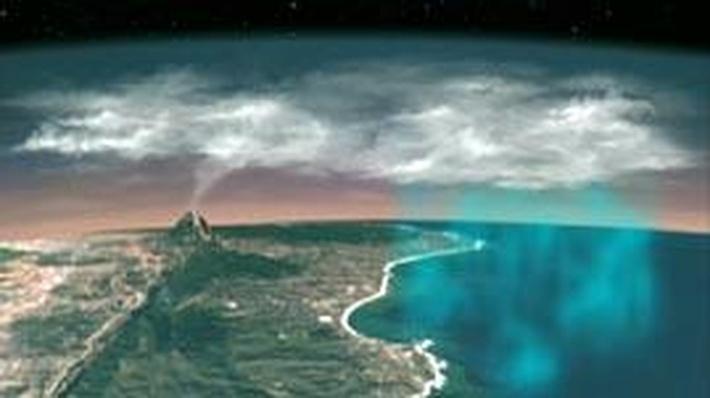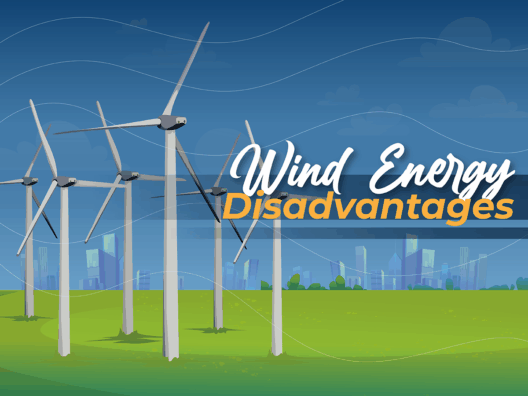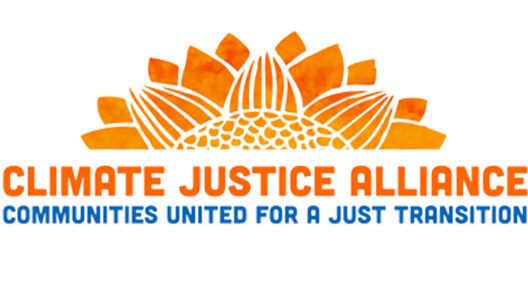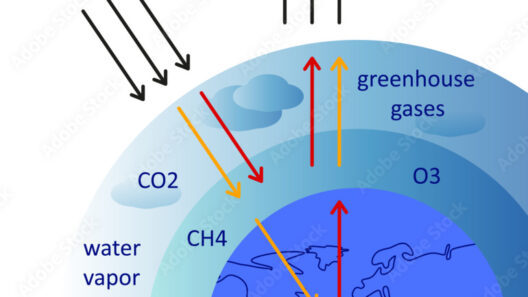Greenhouse gases have become a pivotal subject in the discussion surrounding climate change, with the greenhouse effect serving as a double-edged sword. Although this natural phenomenon facilitates life on Earth by trapping heat, its intensification due to anthropogenic activities has engendered devastating repercussions globally. Understanding the far-reaching effects of the greenhouse effect and how rising temperatures impact our planet is crucial for both immediate and long-term strategies to combat climate change.
Our planet is experiencing a significant uptick in temperatures, a trend that shows no signs of abating. The implications of this warming are dire, ranging from alterations in weather patterns to the catastrophic melting of ice caps. To grasp the complex dynamic of how rising temperatures influence our environment, it’s essential to delve into several key areas.
Environmental Distress: Extreme Weather Events
The intensification of the greenhouse effect has resulted in an uptick in extreme weather events. Weather patterns—once predictable—have turned erratic, giving rise to phenomena such as hurricanes, droughts, and severe flooding. These instances are not mere coincidences; they are intricately linked to the escalating temperatures caused by increased levels of greenhouse gases like carbon dioxide and methane.
For instance, warmer ocean waters fuel more powerful hurricanes, leading to unprecedented damage in coastal areas. Furthermore, rising temperatures exacerbate drought conditions, disrupting agricultural systems and threatening food security. Farmers are finding it increasingly difficult to predict weather patterns, which complicates planting and harvesting cycles, culminating in a volatile food supply.
The repercussions extend beyond immediate human concerns; they reverberate through ecosystems. Flora and fauna struggle to adapt to these rapid changes, putting countless species at risk of extinction. Ecosystems that rely on specific climatic conditions are finding themselves in dire straits, as their habitats either diminish or transform beyond recognition.
It is essential to address public concern regarding how these extreme weather events could potentially jeopardize communities. The rising insurance costs and property damage arising from frequent natural disasters underscore the urgency to mitigate climate change. Investing in sustainable practices and emergency preparedness is a critical step toward safeguarding our planet.
Climate Change and Oceanic Havoc
The oceans, which act as a vital carbon sink, are not immune to the effects of rising temperatures. Increased carbon dioxide levels lead to ocean acidification, a phenomenon with detrimental effects on marine ecosystems. Coral reefs, often referred to as the “rainforests of the sea,” are particularly vulnerable. Warmer waters cause coral bleaching, an event that can decimate entire reef systems in a matter of weeks.
This acidity wreaks havoc on shellfish, disrupting marine food webs and compromising livelihoods dependent on fishing industries. Furthermore, as ice caps melt due to rising temperatures, freshwater influx poses additional challenges for marine life, altering salinity levels and affecting nutrient distribution.
Consequently, the implications extend beyond ecological balance; they encompass economic and social ramifications for coastal communities. The decline in fish stocks can lead to unemployment and food scarcity, raising ethical concerns regarding the disproportionate impact on low-income populations who rely heavily on these resources.
Polar Meltdown: The Ice Caps in Crisis
The polar regions are among the most conspicuous indicators of climate change, where rising temperatures result in accelerated ice melt. This phenomenon has dire implications for global sea levels, which are projected to rise dramatically by the end of this century. Coastal cities, home to millions, face imminent threats from rising waters, necessitating urgent adaptations to urban planning.
The melting ice caps also contribute to feedback loops that exacerbate global warming. As reflective ice surfaces diminish, darker ocean water absorbs more sunlight, leading to further warming—a vicious cycle that heightens urgency for action. This sensory opacity strips the Earth of its natural defenses against solar radiation, underscoring the critical importance of stabilizing greenhouse gas concentrations.
Ice melt affects not only humans but also wildlife. Species such as polar bears and seals are losing their habitats, pushing them toward the brink of extinction. The cascading effects on biodiversity pose a threat to the interconnected web of life, amplifying the moral obligation to pursue conservation measures.
Strategies for Mitigation: A Call to Action
In light of these harrowing realities, the question arises: What can be done to counteract these effects? Addressing the greenhouse effect requires a multifaceted approach that includes reducing greenhouse gas emissions, promoting renewable energy sources, and investing in climate resilience initiatives. It is imperative that policymakers, businesses, and individuals take collective action to ensure a sustainable future.
Adopting a carbon-neutral lifestyle through conscientious consumption, energy conservation, and investment in green technologies can create significant change. Education plays a vital role in this transformation, bringing awareness to the general public about the profound impact of individual actions on the climate.
In addition, global agreements aimed at reducing emissions, such as the Paris Agreement, exemplify how collective international action can yield tangible results. Increased collaboration among nations is essential to establishing frameworks that facilitate sustainable growth while curbing climate change.
As we stand at the precipice of a critical juncture in human and ecological history, understanding the extensive effects of the greenhouse and how rising temperatures impact our planet is essential. The connections between climate change, economic stability, and environmental health are undeniable; fostering awareness and proactive measures is not just a responsibility—it is an obligation towards future generations.






